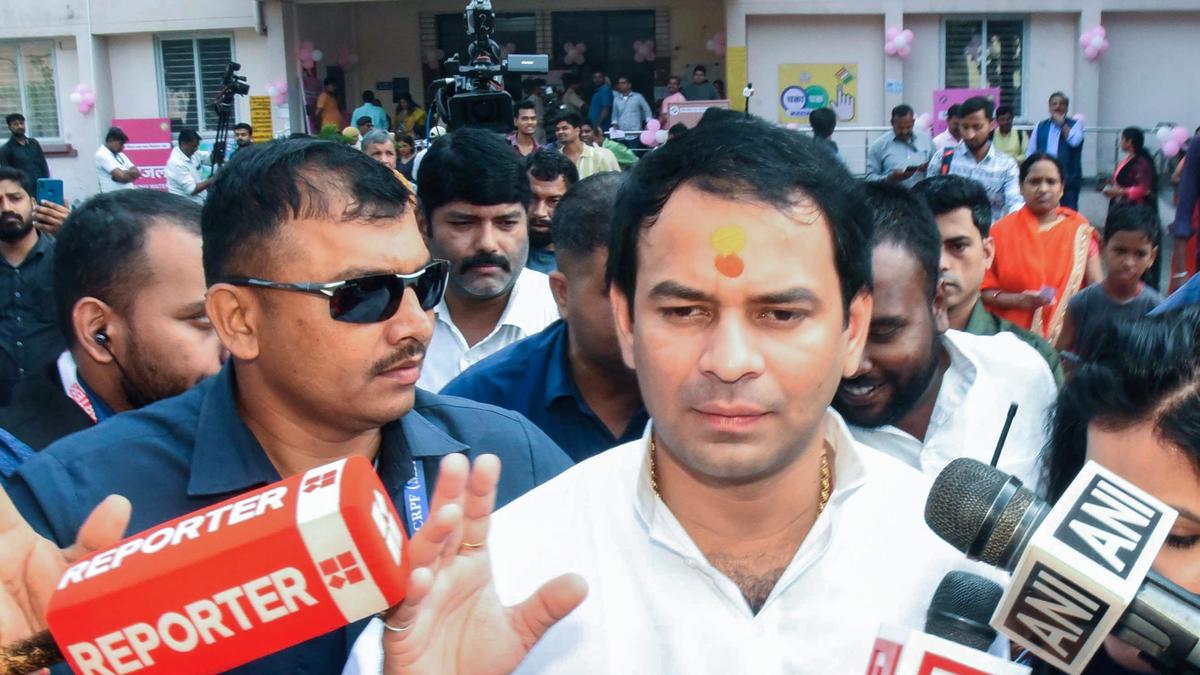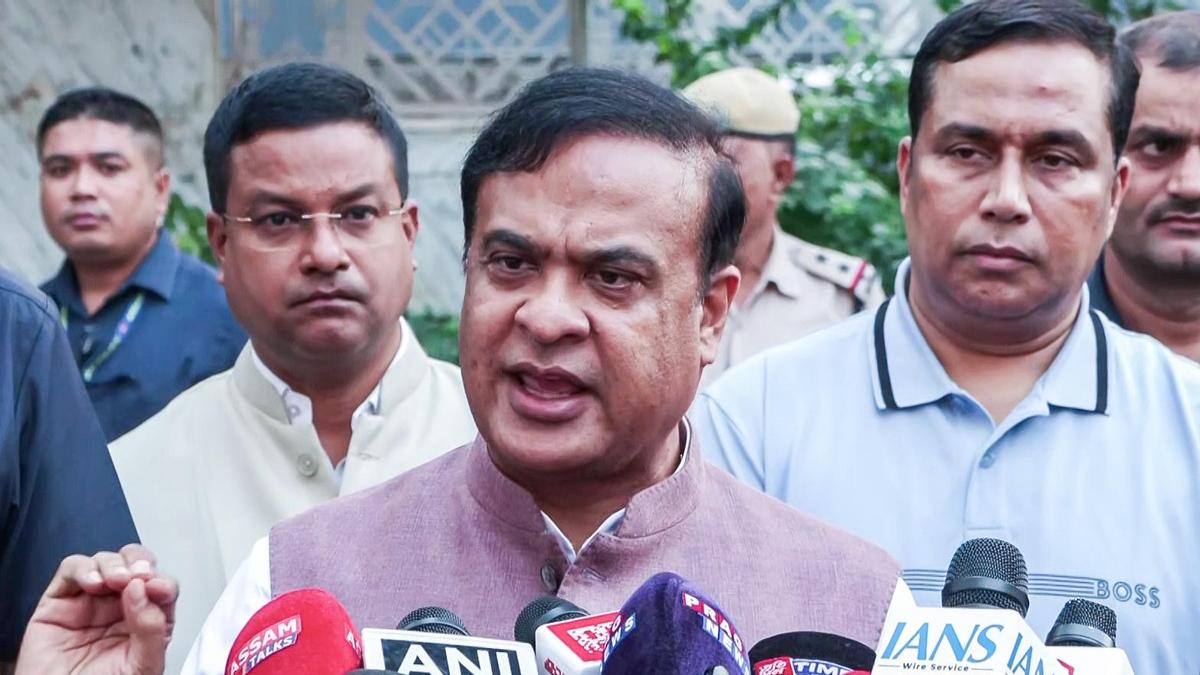The Election Commission of India’s (EC) silence on the payment of ₹10,000 each to women beneficiaries of the Mukhyamantri Mahila Rojgar Yojana (MMRY) in Bihar, where the Assembly election is in progress, marks a stark contrast to the position taken by the Commission in Tamil Nadu in the past under similar circumstances.
Aimed at covering 75 lakh women, the MMRY, a State-funded assistance scheme, was launched by Prime Minister Narendra Modi on September 26. Ten days later, on October 6, the poll body announced its decision to conduct the election in two phases – November 6 and 11 – for the 243 Assembly constituencies in the State.
Leaders of the Rashtriya Janata Dal (RJD), and the Congress have protested against the implementation of the scheme, which, according to them, goes against the Model Code of Conduct.
In Tamil Nadu, on two occasions in the past 20-odd years, the poll authorities have come down heavily on the implementation of two welfare schemes — one for farmers, and another for beneficiaries of the free colour television (TV) sets distribution initiative.

In March 2003, then All India Anna Dravida Munnetra Kazhagam (AIADMK) regime, headed by Jayalalithaa, decided to withdraw the free power supply scheme for farmers and huts. It chose to adopt a cash support scheme for 9.4 lakh small and marginal farmers under which those running pump sets of three-horsepower capacity will be paid ₹500 each twice a year, and those with pumps of 5hp and more, ₹625 twice a year, apart from ₹100 per annum to each hut dweller. All the consumers were required to pay the power bills and those eligible among them would be reimbursed in two installments, in October and April, through postal money orders.
Subsequently, the cash support scheme was extended to the rest of the farmers, and an order was issued prior to the announcement of the poll schedule, according to a news report published by The Hindu on May 6, 2004, quoting veteran farmer leader M.R. Sivasamy, as having said. However, on March 22, 2004, the then Chief Electoral Officer Mrutyunjay Sarangi, responding to a District Collector’s clarification, sent a circular, advising all the Collectors to put off the disbursement of money orders till the completion of the election process.
In early March 2011, immediately after the poll body released its timetable for the Assembly election, it had directed the District Collectors to stop the distribution of free colour TV sets till the end of the polls. This was despite the then DMK government’s favourite project – the colour TV scheme – being in force since September 2006. Before the Model Code of Conduct came into force, around 1.62 crore sets were distributed with about 9 lakh more sets to be given.
Though the two schemes were under implementation well before the announcement of the poll schedule, the poll panel halted them.

 3 hours ago
4
3 hours ago
4








 English (US) ·
English (US) ·